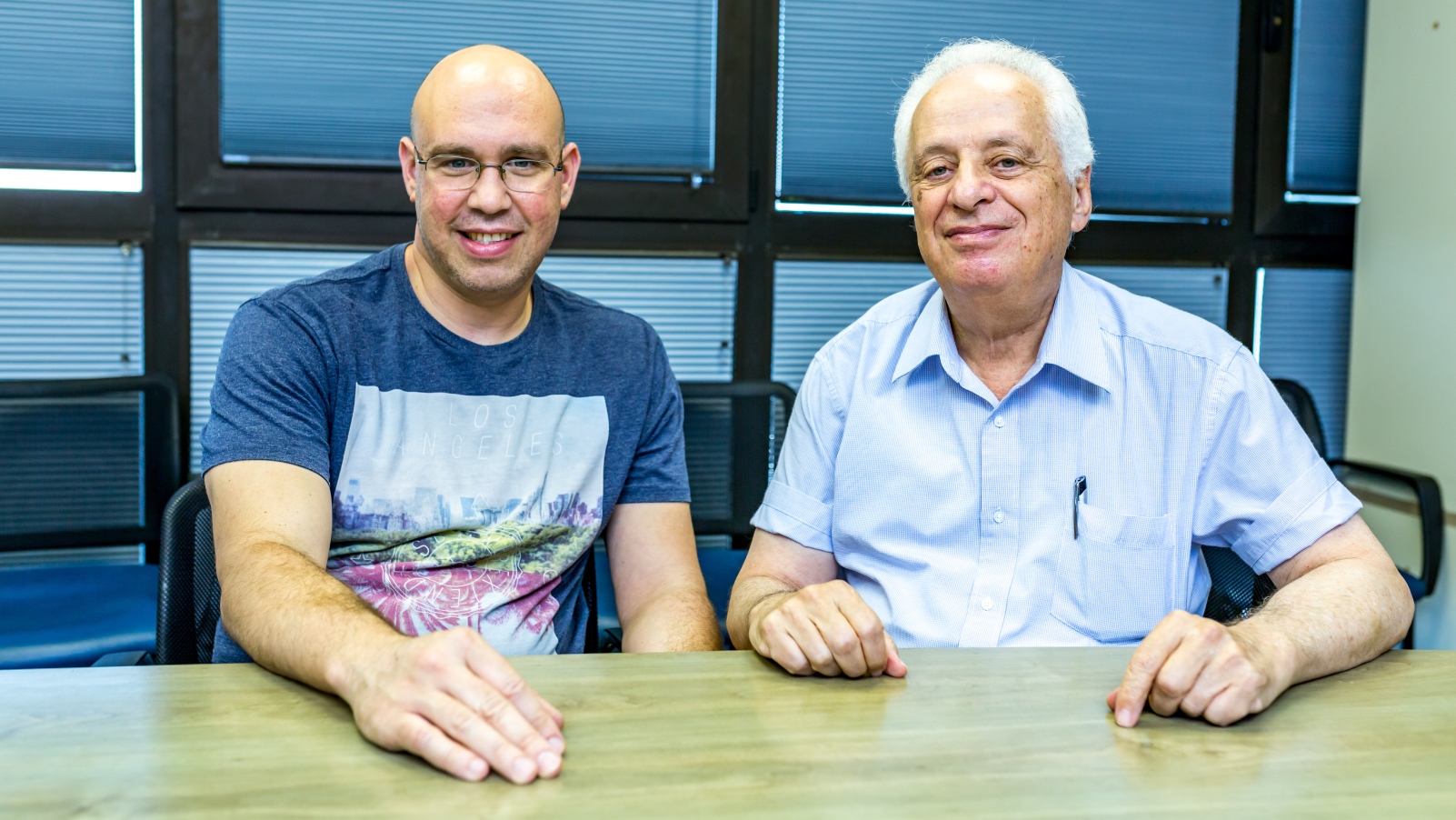An international team led by researchers from the Technion-Israel Institute of Technology in Haifa and NYU Langone in New York report that they have succeeded in stopping the growth of mesothelioma in model animals by inhibiting the heparanase enzyme.
Mesothelioma is a cancer that develops in the mesothelium – a thin membrane protecting the internal organs of the chest and abdomen. In most cases, the disease is caused by exposure to asbestos.
This malignancy is resistant to most anticancer drugs and currently has no effective treatment, so there is a high level of interest in the joint study published in the Journal of the National Cancer Institute (JNCI).
The joint research group found that mesothelioma cancer cells use the heparanase enzyme to break tissue barriers surrounding the developing tumor and attract blood vessels to nourish it.
Moreover, the dissolution of the extracellular matrix causes the release of growth-promoting proteins and thus accelerates the development of the tumor. The heparanase secreted by cancer cells and the microenvironment of the tumor triggers a vicious cycle in which inflammation and growth strengthen each other. The greater the amount of heparanase in the mesothelioma patient, the shorter is his or her life expectancy.
The researchers succeeded in disrupting this cycle in mouse model experiments using heparanase inhibitors PG545 and defibrotide.
These heparanase inhibitors significantly repressed tumor growth and greatly extended the survival ability of treated mice — more effectively than conventional chemotherapy used to treat this type of cancer.

Clinical trials to come
Aiming to provide some hope for mesothelioma patients around the world, the researchers will soon be conducting a clinical trial to examine the therapeutic potential of heparanase inhibitors in this deadly disease.
The study was conducted under the guidance of Technion’s Prof. Israel Vlodavsky and Prof. Harvey Pass, chief of thoracic surgery at New York University’s Langone Medical Center and head of thoracic oncology at the National Cancer Institute.
Analyzing hundreds of frozen mesothelioma samples collected by Pass over the years, the NYU researchers validated the clinical significance of heparanase in the pathogenesis of mesothelioma.
Vlodavsky is a member of the Technion Integrated Cancer Center at the Rappaport Faculty of Medicine, and is considered the world’s leading expert in the study of the heparanase enzyme. His research endeavor led to the appreciation of this enzyme as a target for cancer therapy.
The research at Technion was led by Drs. Uri Barash, Moshe Lapidot and Neta Ilan and supported by colleagues at Haifa’s Rambam Health Care Campus and Chaim Sheba Medical Center in Tel Hashomer.
Other co-authors of the study are from the University of Hawaii Cancer Center, Zucero Therapeutics in Australia, University of Uppsala (Sweden) and Beijing Hospital of Traditional Chinese Medicine.
The research was supported by the Laura and Isaac Perlmutter Foundation.














